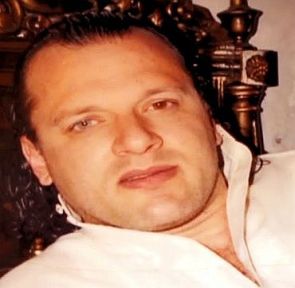 | « Back to article | Print this article |
 Questioning the effectiveness of America's secret surveillance programme, a top investigative publication in Washington, DC has said the US intelligence failed to track Mumbai attack convict David Headley and he was arrested only after a tip off was provided by the British intelligence.
Questioning the effectiveness of America's secret surveillance programme, a top investigative publication in Washington, DC has said the US intelligence failed to track Mumbai attack convict David Headley and he was arrested only after a tip off was provided by the British intelligence.
The US officials have repeatedly mentioned Headley's case to defend the controversial spying programme, saying the surveillance had been critical in thwarting potential terror attacks and also to track the 2008 Mumbai attack convict.
"The government surveillance only caught up with Headley after the US had been tipped by British intelligence. And even that victory came after seven years in which US intelligence failed to stop Headley as he roamed the globe on missions for Islamic terror networks and Pakistan's spy agency," said ProPublica, an investigative publication.
National Intelligence Director James Clapper and Keith Alexander, commander of the US Cyber Commander and Director of the National Security Agency, have claimed that Headley was nabbed through this surveillance process.
Senator Dianne Feinstein, the Senate intelligence chairwoman, also called Headley's capture a success.
"Supporters of the sweeping US surveillance effort say it's needed to build a haystack of information in which to find a needle that will stop a terrorist. In Headley's case, however, it appears the US was handed the needle first -- and then deployed surveillance that led to the arrest and prosecution of Headley and other plotters," ProPublica said.
"As ProPublica has previously documented, Headley's case shows an alarming litany of breakdowns in the US counterterror system that allowed him to play a central role in the massacre of 166 people in Mumbai, among them six Americans," it said.
Pakistani-American businessman and ex-drug informant, 51-year-old Headley, avoided arrest despite a half dozen warnings to federal agents about extremist activities from his family and associates in different locales.
"If those leads from human sources had been investigated more aggressively, authorities could have prevented the Mumbai attacks with little need for high-tech resources, critics say," it said.
"The failure here is the failure to connect systems," a US law enforcement official, who worked on the case, was quoted as saying by the ProPublica.
"Everybody had information in their silos, and they didn't share across the silos. Headley in my mind is not a successful interdiction of a terrorist. It's not a great example of how the system should work."
Image: David Coleman Headley